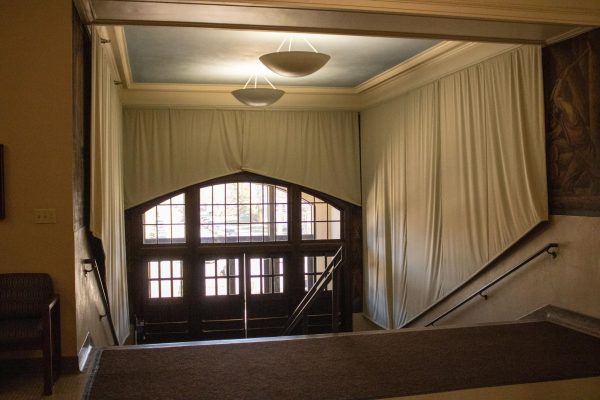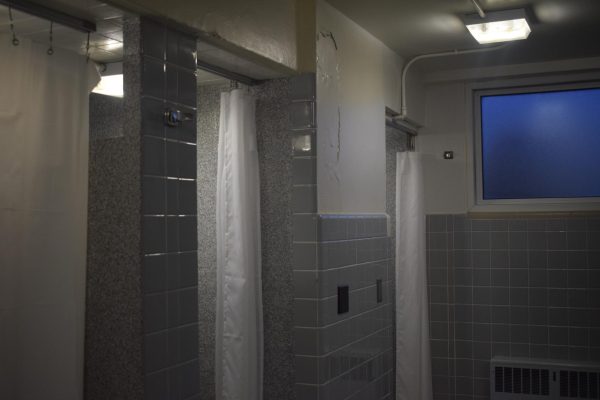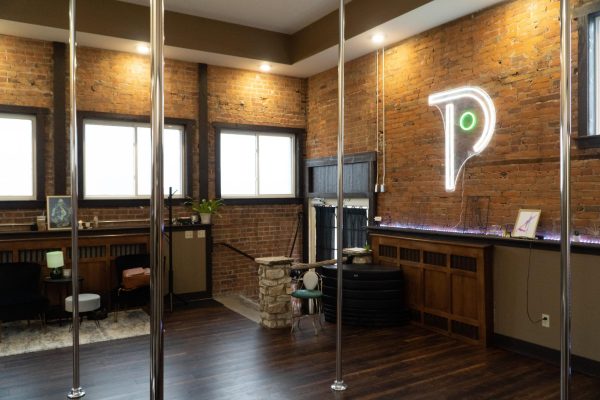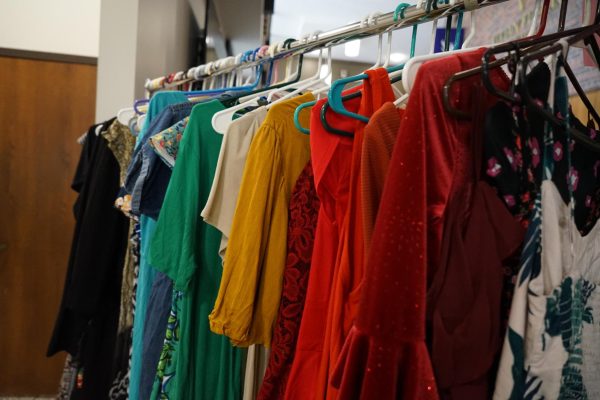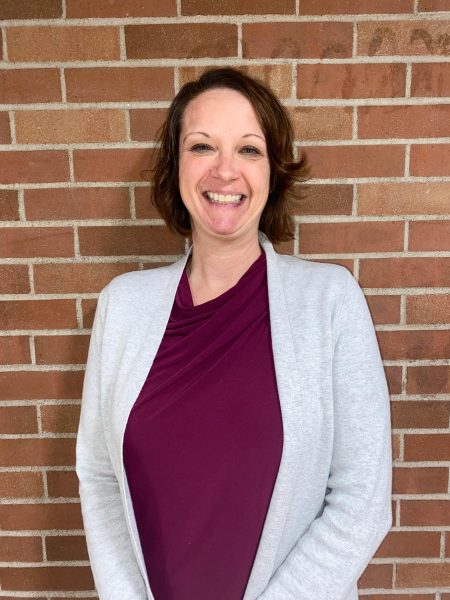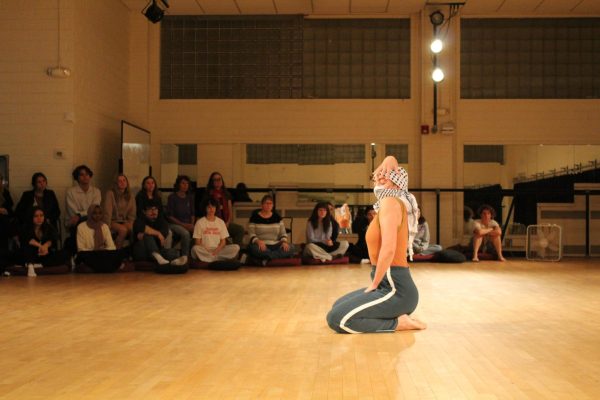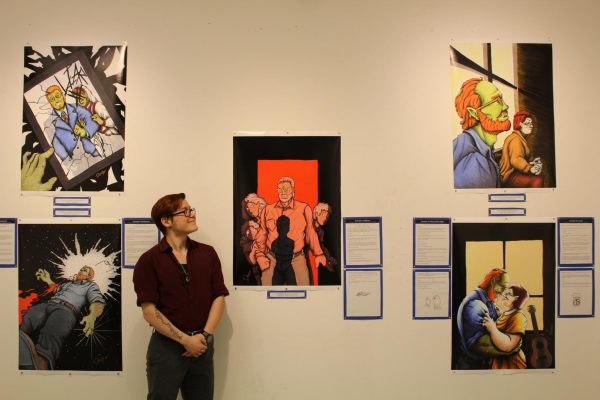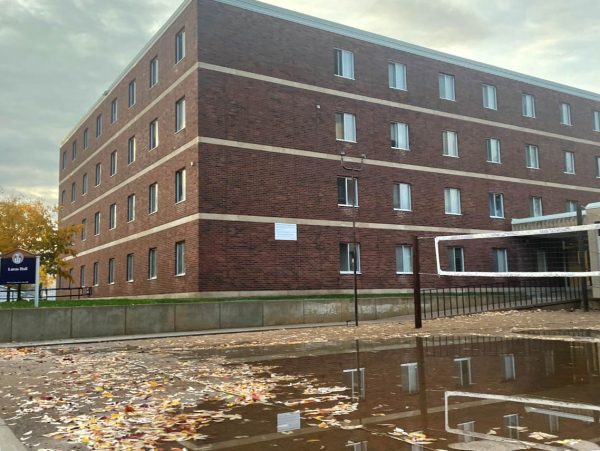RHA and NRHH win awards

February 26, 2020
Winona State University’s Residence Housing Association (RHA) and National Residence Hall Honorary (NRHH) travels to a Regional Business Conference every spring semester to learn from other universities on how to better the campus, provide their own advice to others and put in bids.
A bid is an in-depth presentation a university puts together and submits at the conference. These bids spotlight the hard work of individuals, or the entire club. If won, the group or individual is awarded.
This year, between NRHH and RHA, Winona State University won two bids. NRHH won the “Building Block Chapter of the Year Award” and Dani Morris, executive vice president of Member Relations in RHA and junior elementary education major at Winona State, won the “MACURH Programing Representative of the Year Award.”
Grace Wagner, NRHH Bids and Service chair and sophomore mass communication major, was at the conference to receive the Building Block Chapter of the Year award on behalf of all of NRHH.
Wagner explained a bit more about what the bid is.
“The bid is to recognize a school that has shown outstanding growth and development during the year of nomination,” Wagner said. “Others like to think of this award as the foundation for a better chapter.”
Winona State University and Truman State University both had bids in for NRHH Building Block of the Year.
“We were up against Truman State University and anyone who has been affiliated with NACURH (National Association of College and University Residence Halls) on the regional or national level knows Truman is one of the best chapters in the nation, let alone in our region,” Wagner said. “This win is especially exciting because we went against Truman and won.”
Morris won an individual award for her work as the executive vice president of Member Relations in RHA.
“A bid is practically a scrapbook of all the personal achievements of the person within the organization, so they made the theme Disney since they all know I love Disney,” Morris said. “It was also nice to get recognized, a lot of the events I did were done behind the scenes and people just get to enjoy the event which I loved to see.”
Morris was notified by a phone call from the advisor that she had won the award as she could not be there in person.
“Mel had facetimed me during the awards ceremony so I could watch, and I was genuinely surprised when I heard my name,” Morris said. “My roommate was with me at the time and I think I told them about ten times ‘I can’t believe I actually won’.”
Amanda Grober, RHA president, NRHH accounts director chair and a junior human resources major at Winona State University also attended the conference and talked about her experience with the bids and being on the board for both clubs.
“Bids are really important to both NRHH and RHA because even though they are a lot of work to put together it allows each organization to acknowledge the accomplishments of the individuals who are involved in the organizations,” Grober said. “It also shows the region how much we as a university have accomplished in our specific organizations.”
Not only is this award for showcasing the members and organizations, they are also a reflection of the campus as a whole and the changes and improvements made to improve Winona State University.
“I felt very proud to be a part of something that has worked really hard to make changes and a positive impact to the campus,” Grober said. “I was just really happy to realize our hard work paid off as well since we really worked hard as an exec board to make changes and increase involvement in NRHH.”
The awards allow for an extra bit of recognition for their work at Winona State.
“Not only do our members get the recognition they deserve, we are able to share what we have been doing to the entire nation,” Wagner said. “The group has worked so hard and while I may be proud of the members of this organization, it definitely feels good to hear it from folks all around the Midwest.”
The opinions expressed in this paper are not necessarily those of Winona State University, the Minnesota State Colleges and University system, or the Winona State University student body.




























































